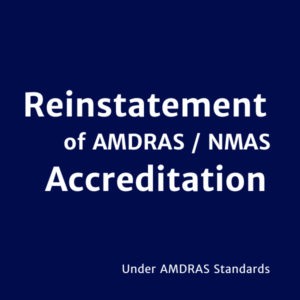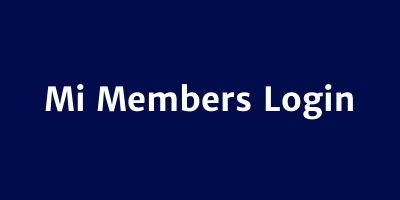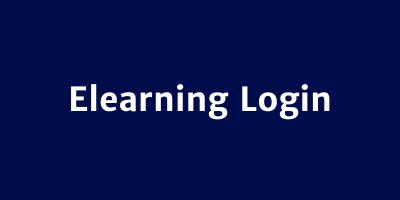Why Mediation Institute?
We’ve been training online since 2013 because it is flexible and improves accessibility.
Our high-quality approach ensures you learn the skills needed by a mediator at your pace via online learning, tutorials, mentoring and video meeting role plays.
You can join in our dispute resolution skills training courses regardless of where you live, as long as you have access to the internet.
Once you are qualified we can assist you to apply for NMAS Mediator Accreditation or to meet the requirements for Family Dispute Resolution Practitioner Registration and provide ongoing support as you enter the industry as a dispute resolution professional.
Our Training Services
We train online because we believe it is better!
Learning a new skill needs to happen over time to allow for integration.
Our delivery approach allows you to work at your own pace and achieve the best possible outcomes with support and mentoring.
This is where to start as there are no special requirements or educational qualifications needed to enrol in the NMAS Mediator Course.
Pre-requisites apply. Registered Training Organisation: Inspiritive RTO 2117. Check if you have the qualifications required.
We recommend this course for people who have experience with working with families as a caseworker, child protection or welfare agency worker, social worker, dispute resolution practitioner, psychologist, police officer or similar background.
Our belief is that one size does not fit all, especially when it comes to learning. eLearning provides greater flexibility than workshop training and we think that is valuable.
Use this link if you are a student to login to your course and sign up for role plays.
Join Mediation Institute and benefit from comprehensive support, including accreditation, effective complaint handling services, and ongoing professional development to advance your skills and career. As a member, you’ll also have access to MiMembers.au, our platform offering valuable resources, continuous learning opportunities, and a supportive community.
Other Membership Options include Corporate Memberships for organisations employing dispute resolution professionals and our Education Provider Complaint Handling Service to help Registered Training Organisations comply with their obligations.
Industry News

What’s the difference between certified and accredited?
What’s the difference between being certified and accredited? This post explains the difference for Mediators and Family Dispute Resolution Practitioners

Job Opportunities – Updated 24.2.2025
Mediation Institute is happy to share out to our community information about Job Opportunities relevant to dispute resolution practitioners. Contact us to list your job.

Requirements to re-instate lapsed accreditation as a mediator
How to re-instate lapsed accreditation as a mediator. This post provides information about the current requirements for nationally accredited mediators in Australia to re-instate lapsed national accreditation under the NMAS and AMDRAS systems
Have a question or want to talk to someone?
You can call us – Please leave a message if we are busy or after hours and we will get back to you or send us an email.
1300 781 533











